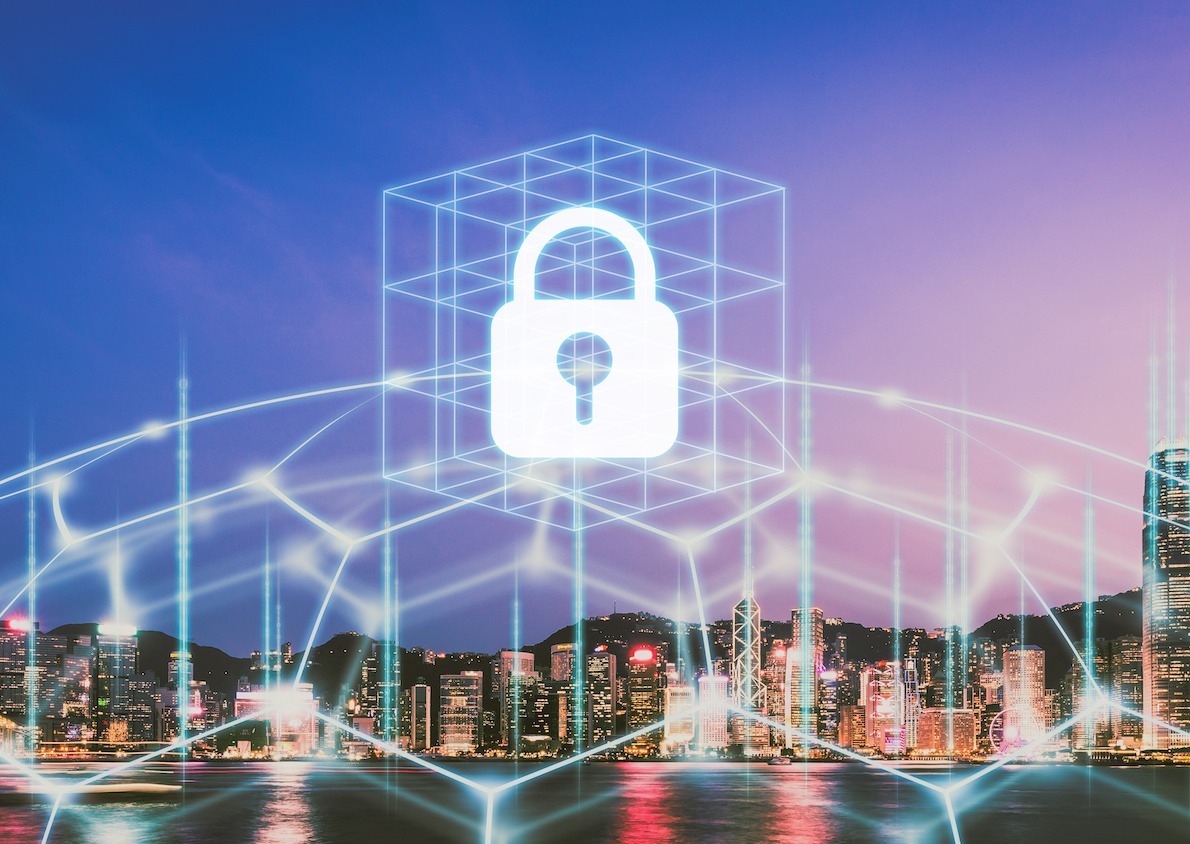Understanding the Fundamentals of SASE
Today’s enterprises are rapidly embracing cloud technology and remote workforces, and traditional network architectures are struggling to keep up. As a result, Secure Access Service Edge (SASE) has emerged as a transformative framework that merges network security functions with wide-area networking (WAN) capabilities. This blog post explores the fundamentals of SASE, its benefits, and how it’s reshaping enterprise networking.

What is SASE?
SASE (pronounced “sassy”) is a term first introduced by Gartner in 2019. It refers to an integrated cloud-based platform that combines network security functions like Secure Web Gateway (SWG), Cloud Access Security Broker (CASB), Firewall as a Service (FWaaS), and Zero Trust Network Access (ZTNA) with comprehensive WAN capabilities such as SD-WAN. By converging these services, SASE delivers a seamless, secure, and efficient network infrastructure.
Core Components of SASE
- Client Trust & Confidence: In an era where data breaches make headlines regularly, clients are increasingly vigilant about the security practices of the companies they choose to partner with. SOC 2 accreditation is a powerful signal that ANM takes the security of client data seriously. It assures our clients that we adhere to industry-recognized security standards, instilling confidence in the reliability and safety of our services.
- Regulatory Compliance: The business landscape is becoming more regulated, with stringent data protection laws and compliance requirements emerging worldwide. SOC 2 accreditation not only aligns ANM with these regulations but also demonstrates a proactive approach to meeting and exceeding industry standards. This not only shields the company from potential legal repercussions but also showcases a commitment to ethical and responsible business practices.
- Internal Process Improvement: The journey towards SOC 2 accreditation involves a meticulous examination of internal processes and controls. This scrutiny not only ensures compliance but also prompts the identification and rectification of potential vulnerabilities. The process acts as a catalyst for continuous improvement, fostering a culture of vigilance and adaptability within the organization.
- Competitive Edge: In a crowded market, standing out is crucial. SOC 2 accreditation serves as a valuable differentiator, setting ANM apart from our competitors. It demonstrates to potential clients that our commitment to security goes beyond mere promises, creating a competitive advantage that resonates with businesses seeking reliable and secure partners.
Benefits of SASE
There are numerous benefits to a SASE strategy:
- Enhanced Security: By integrating diverse security services, SASE offers comprehensive protection against a wide array of cyber threats.
- Improved Performance: SD-WAN technology ensures optimal network connectivity and performance, crucial for cloud-based and SaaS applications.
- Reduced Complexity: SASE simplifies the IT landscape by consolidating multiple security functions into a single, unified platform.
- Scalability: Being cloud-native, SASE can easily scale up or down based on the organization’s needs, accommodating growth without the need for physical infrastructure.
- Cost Efficiency: With SASE, organizations can reduce costs related to hardware procurement, maintenance, and management.
Implementing SASE
The transition to a SASE architecture requires a strategic approach:
- Assessment of Needs: Understanding specific enterprise needs, including the types of cloud services used, security requirements, and existing network infrastructure.
- Choosing the Right Provider: It’s vital to select a provider that offers a comprehensive and integrated SASE solution tailored to the organization’s specific requirements.
- Phased Implementation: Gradually migrating to SASE can help manage risks and ensure a smoother transition. Starting with pilot projects or specific branches can provide valuable insights and help refine the strategy.
The Future is Bright with SASE
As businesses continue to evolve and the shift towards remote work and cloud services accelerates, SASE is poised to become an essential framework for any forward-thinking enterprise. Its ability to provide secure, fast, and reliable access to resources, regardless of location, makes it incredibly relevant in our increasingly cloud-centric world.
SASE is not just another tech buzzword; it’s a pivotal evolution in network architecture that addresses the complexities and challenges of modern enterprise environments. By embracing SASE, organizations can ensure robust security, superior network performance, and enhanced user experience, all while keeping operational costs in check. As we look to the future, the integration of AI and machine learning into SASE could further enhance its capabilities, making it an indispensable tool for securing digital assets and supporting dynamic work environments.
With its profound implications for security and network management, SASE is undoubtedly a cornerstone of modern IT strategies. Embracing this model can propel organizations towards greater efficiency, agility, and security in an increasingly digital world.
Interested in learning more about SASE? Our experts are here ready to help.
Should I Stay or Should I Go Now? Navigating VMware’s New Licensing Model Under Broadcom
As Broadcom reshapes VMware’s licensing model, IT leaders everywhere are asking the same question: “Should I stay, or should I go?” In this blog, we’ll explore the strategic, technical, and financial implications of VMware's transition to subscription-based offerings....
Wi-Fi 7: The Next Leap in Wireless Speed, Efficiency & Security
The evolution of Wi-Fi has been relentless over the past 25 years, and 2024 marked a transformative milestone with the arrival of Wi-Fi 7 (802.11be). As more devices compete for bandwidth and users expect uninterrupted, real-time performance, Wi-Fi 7 delivers a...
Microsoft Teams at Enterprise Connect 2025: Leading the Future of Collaboration
This week, Enterprise Connect took place in Orlando, and it was packed with exciting announcements from Microsoft. Ilya Bukshteyn, CVP - Microsoft Teams Calling, Devices, and Premium, delivered the keynote, highlighting several new features and updates that are set to...


